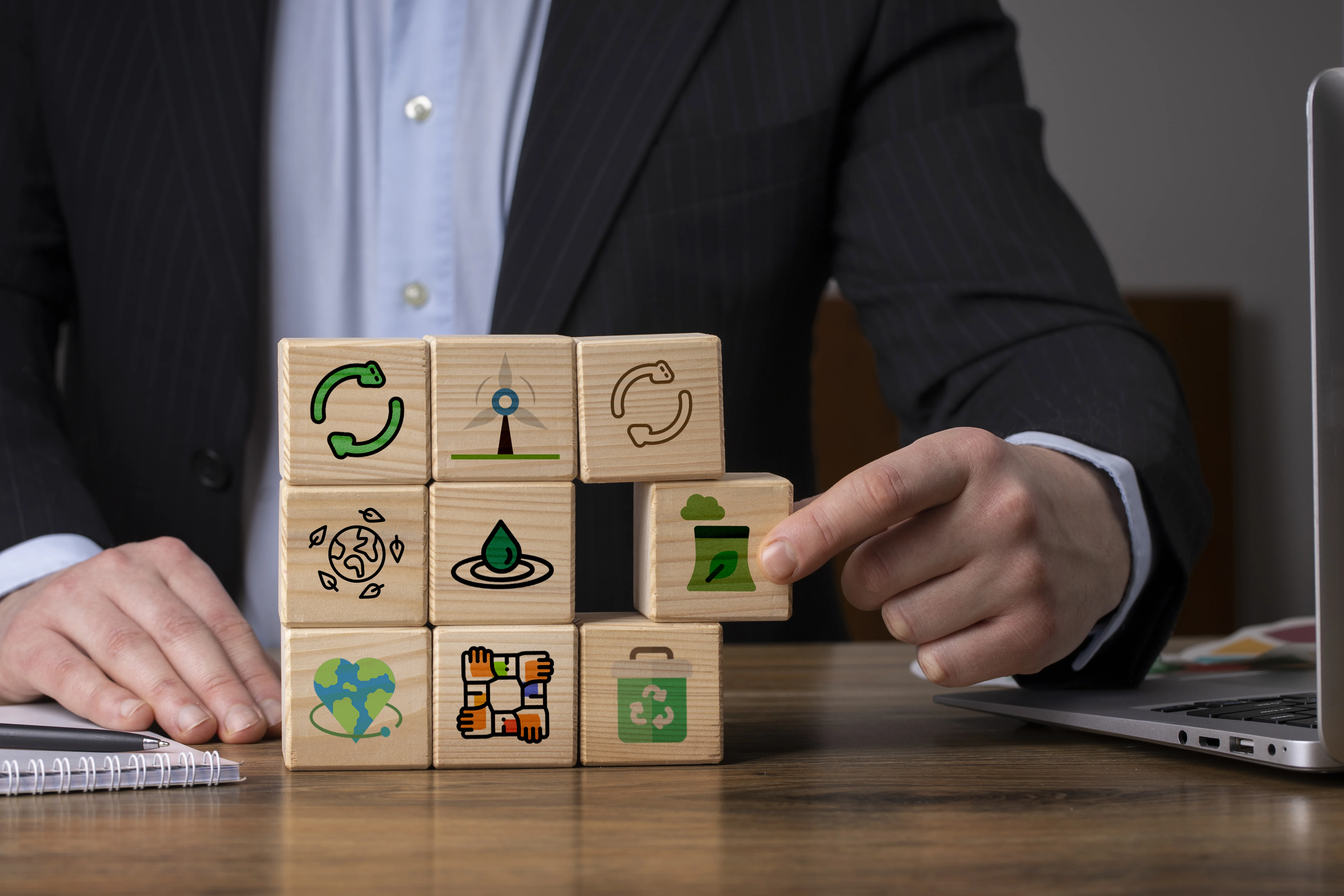The traditional linear economic model, characterized by a “take, make, dispose” approach, is increasingly unsustainable. Depleting natural resources, generating excessive waste and pollution, and contributing to climate change and biodiversity loss are some of its major drawbacks. To address these challenges, the concept of a circular economy has emerged. This economic model aims to keep products and materials in use for as long as possible, extracting the maximum value from them while minimizing waste. By understanding the circular economy principles, we can work towards a more sustainable future.
What is a Circular Economy?
A circular economy is a model of material and energy flows that seeks to eliminate waste and pollution. Unlike the linear economy, where resources are extracted, used, and discarded, the circular economy focuses on closed loops. This means that products and materials are designed to be reused, repaired, refurbished, remanufactured, or recycled. The goal is to create a system where finite resources are used efficiently, and waste is minimized or eliminated altogether.
Benefits of a Circular Economy
Transitioning to a circular economy offers numerous benefits for individuals, businesses, and the environment. Some of the key advantages include:
-
Resource Efficiency: By reducing the consumption of raw materials, the circular economy helps conserve natural resources and mitigate their depletion.
-
Waste Reduction: By designing products for durability, reusability, and recyclability, the amount of waste generated is significantly reduced.
-
Job Creation: The circular economy can create new jobs in areas such as repair, remanufacturing, and recycling.
-
Economic Growth: By stimulating innovation and creating new markets, the circular economy can contribute to economic growth.
-
Compartir en:






